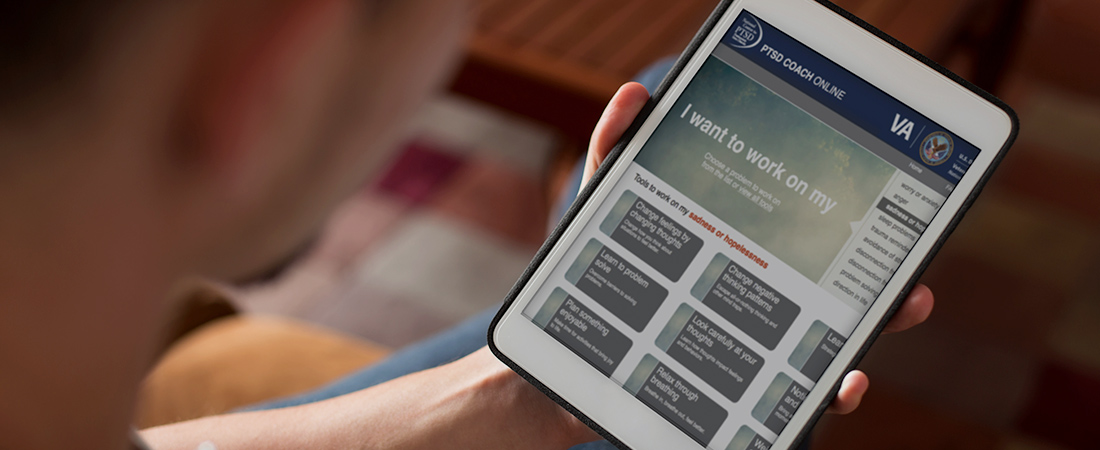
EDC is building digital health tools that can deliver care to those in need anywhere, anytime.
EDC identifies opportunities to promote individual, family, and community health and address disparities. We break down barriers to reach the medically underserved and improve the delivery of coordinated, evidence-based prevention and treatment services. Our programs reach the young and the elderly—and their caregivers—in diverse settings, including clinics, hospitals, schools, Head Start programs and child care centers, community programs, senior centers, and assisted living.
We develop community-level health communications campaigns as well as face-to-face and online training programs for physicians, nurses, mental health counselors, and allied health providers. We design digital health tools for reaching busy professionals and for providing consumers with self-management support.
Learn more: Read "A World Free from Suicide."
Related Content
Addressing Veteran Suicide
Jerry Reed says that a public health approach is needed to prevent suicide among Veterans.
The Voice of Experience
Individuals with lived experience can bring an important perspective to suicide prevention efforts.
Is Social Media Harmful to Students with Disabilities?
A new report on social media finds some benefits, but higher cyberbullying rates.
Addressing the Opioid Crisis through Home Visiting
Home visiting programs are critical to supporting children affected by opioid misuse, says Loraine Lucinski.
Home Visiting Supports Mothers, Infants
Breastfeeding holds a number of health benefits for mothers and infants. So why are rates of the practice so low?
3 Ways Schools Can Support Children Affected by the Opioid Crisis
Schools are uniquely positioned to address the needs of children exposed to trauma, says Shai Fuxman.
Projects
Resources
Here are a few of our resources on behavioral, physical, and mental health. To see more, visit our Resources section.
This case study is one of the Sustainable Finance Initiative’s seven rapid country case studies studying the state of school meals programs.
This special issue provides concrete tools and strategies for identifying and responding to elder mistreatment in a variety of settings.
This case study is one of the Sustainable Finance Initiative’s seven rapid country case studies studying the state of school meals programs.
This report spotlights how University of North Carolina Hillsborough Hospital is using the Elder Mistreatment Emergency Department Toolkit to identify and address elder mistreatment.
This report spotlights how St. Joseph’s University Medical Center is using the Elder Mistreatment Emergency Department Toolkit to identify and address elder mistreatment.
There is a significant—and growing—body of evidence that well-designed and effectively delivered school meal programs are a cost-effective and scalable means to build human capital, improve learning outcomes, and improve health and nutrition.
This app demonstrates that handwashing, covering your cough, and washing surfaces can reduce the spread of illness.
SPARK Talks—Short, Provocative, Action-oriented, Realistic, and Knowledgeable—are feature videos of leaders in the suicide prevention field describing a new development or direction and issuing a c
This resource library is a collection of readings, tools, videos, and webinars to help users understand and implement the Zero Suicide Initiative.
This report spotlights how Lyndon B. Johnson Hospital is using the Elder Mistreatment Emergency Department Toolkit to identify and address elder mistreatment.